
Bashar al-Assad is gone, and Syria is finally free. However, I am unable to fully rejoice in the long-awaited fall of his regime and the liberation of my country. This is because, like so many Syrians, I have a gaping wound: someone I love is still lost in al-Assad’s prisons.
My younger brother Youssef, my soulmate, disappeared in 2018, and I have been searching for him ever since.
Youssef was once full of life. His laughter would light up every room he stepped foot in. He loved music, and dancing the Dabkeh. He raised pigeons, with dedication and care.
Everything changed in August 2018. The regime accused him of participating in opposition activities against the regime, and they detained his wife, to put pressure on him to turn himself in.
Worried that they would harm his wife, he headed south towards Sweida from the Rukban refugee camp, where he was living. Somewhere along the way, he vanished. And I have spent every day since trying to find him.
All these years, I pushed myself not to give up, not to lose hope. But I had so little to hold on to. With every passing day, the glimmer of hope that I had left was fading.
Advertisement
Then, last month, after the collapse of the regime, one short video from the recently liberated Sweida prison reignited the fire in my heart. In the footage, there was a man. His face, his posture, and his fleeting smile looked just like Youssef’s.
I played the clip over and over. I sent it to my sisters. I sent it to Youssef’s wife – to everyone who knew him, who could confirm that it was indeed him.
Everyone who watched the clip said the same thing: “It is him. It has to be him.”
I desperately want to believe that it is him. That he is alive. That we will soon embrace him again. I am once again full of hope. But I am also scared. What if we are wrong? What if this fragile hope breaks us all over again?
We lived with uncertainty for so long. Years of sleepless nights spent staring at photos, years of empty chairs at our dinner tables, years of unanswered prayers. Years of not knowing whether he is alive or dead.
For so long, it felt like answers to our questions were impossible to find. Al-Assad’s prisons were impenetrable, the truth was locked away behind concrete walls and barbed wire. Investigators could not get close, families of detainees like mine were denied any answers, and the world moved on as if our pain did not exist and the fate of our loved ones did not matter. But now, with al-Assad gone and the doors of the prisons wide open, we have a chance to uncover the truth – if only we act quickly.
Now as the doors of prisons and detention centres across the country are being unsealed, we are searching frantically amid chaos – digging through scraps of information, following rumours, and looking for names scribbled on torn documents.
Advertisement
We cannot let this moment slip through our fingers.
So far, the search has been too slow, too disorganised, too inadequate. International organisations, such as the International Committee of the Red Cross, which are supposed to secure evidence, give humanitarian relief to prisoners of conscience, and link them to their families, failed to step up to the occasion. They are absent in our hour of need.
Every document, every trace of evidence emerging from al-Assad’s dungeons is a piece of a life, and a chance for closure for someone suffering for too long – a father’s last words, a son’s final whereabouts, a mother’s fate. We have to hold on to every single one of these traces, these impressions of life, because losing them would be like losing our loved ones all over again.
Today, what we need are specialists to get to work, to collect, examine and preserve evidence – we need this work to be done urgently and meticulously so that we can find answers now, and eventually achieve justice in the months and years to come.
We, the relatives of the disappeared, cannot search alone. The trauma of not knowing where your loved one is, whether he is alive or dead, consumes you. Limits your ability to continue the fight. And uncovering the truth about our disappeared loved ones is not our sole task either. As we search for our brothers, fathers, husbands, mothers and sisters, we are also trying to find ways to rebuild, to care for the children who have lost parents, and to make sure this pain does not consume the next generation.
Advertisement
Justice is not a luxury; it is the only way we can begin to heal. Without answers, and accountability for those who orchestrated and carried out this nightmare, there will be no peace.
I had to leave Syria after my brother disappeared. For years, I could not return to search for him, but now I finally can. The video of Youssef – or a man who looks very much like him – has given me hope and a reason to act. I am going back to Syria now to follow every lead, to ask the questions I have been unable to ask for years, and to walk into the places that were once sealed off. This may be my only chance to find out if he is alive, or if there is a grave where I can finally say goodbye.
But we, the families of the disappeared, cannot and should not do this work alone. We need help, we need support. And we need experts and specialists to take the lead.
The international community and the leaders of this fragile transition, must not forget the detainees and their families as they chart a new path for our country. We have lived in silence for too long. Now, we are demanding what is rightfully ours: answers, justice, and dignity.
The views expressed in this article are the author’s own and do not necessarily reflect Al Jazeera’s editorial stance.


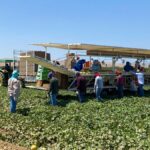
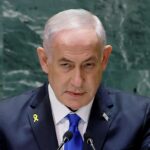


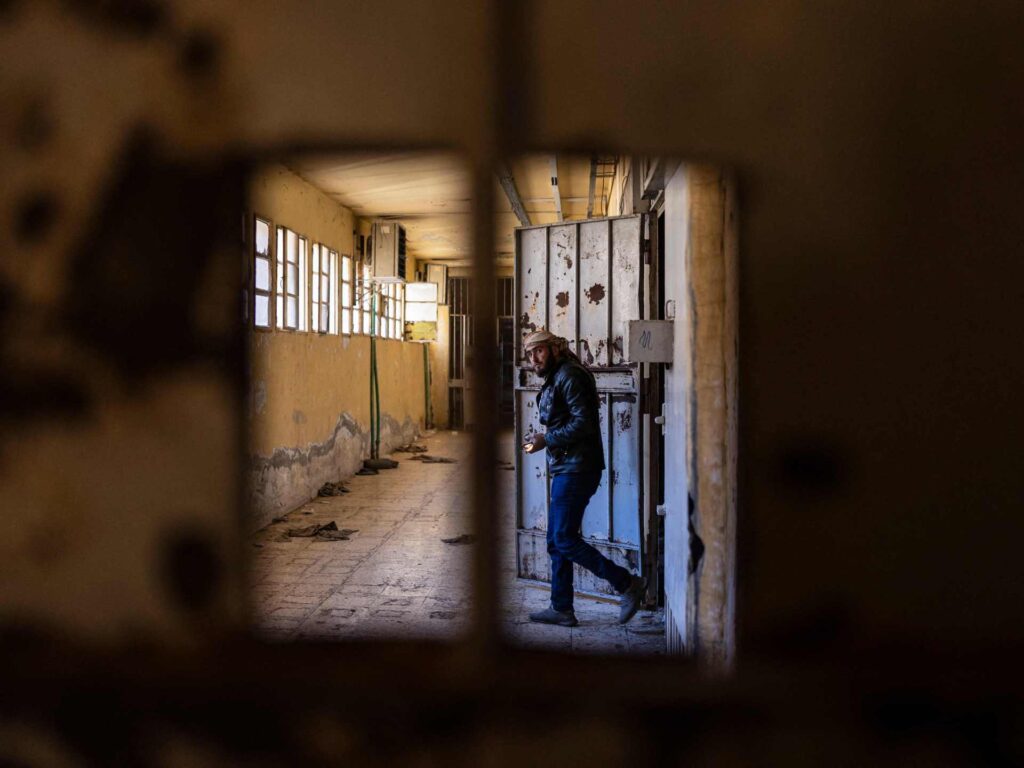
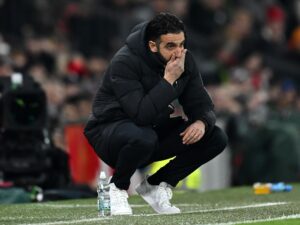
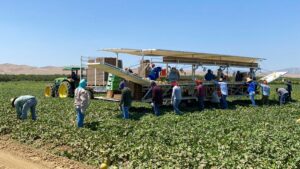
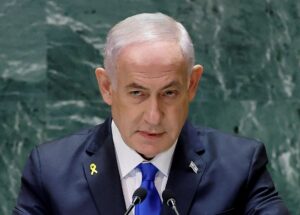
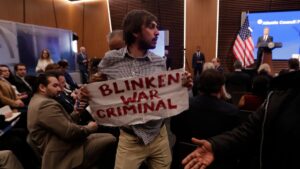
More Stories
Man Utd vs Brighton preview: Kickoff time, team news, how to follow, stream
‘Fields were solitary’: Migration raids send chill across rural California
Israeli cabinet approves Gaza ceasefire deal with Hamas